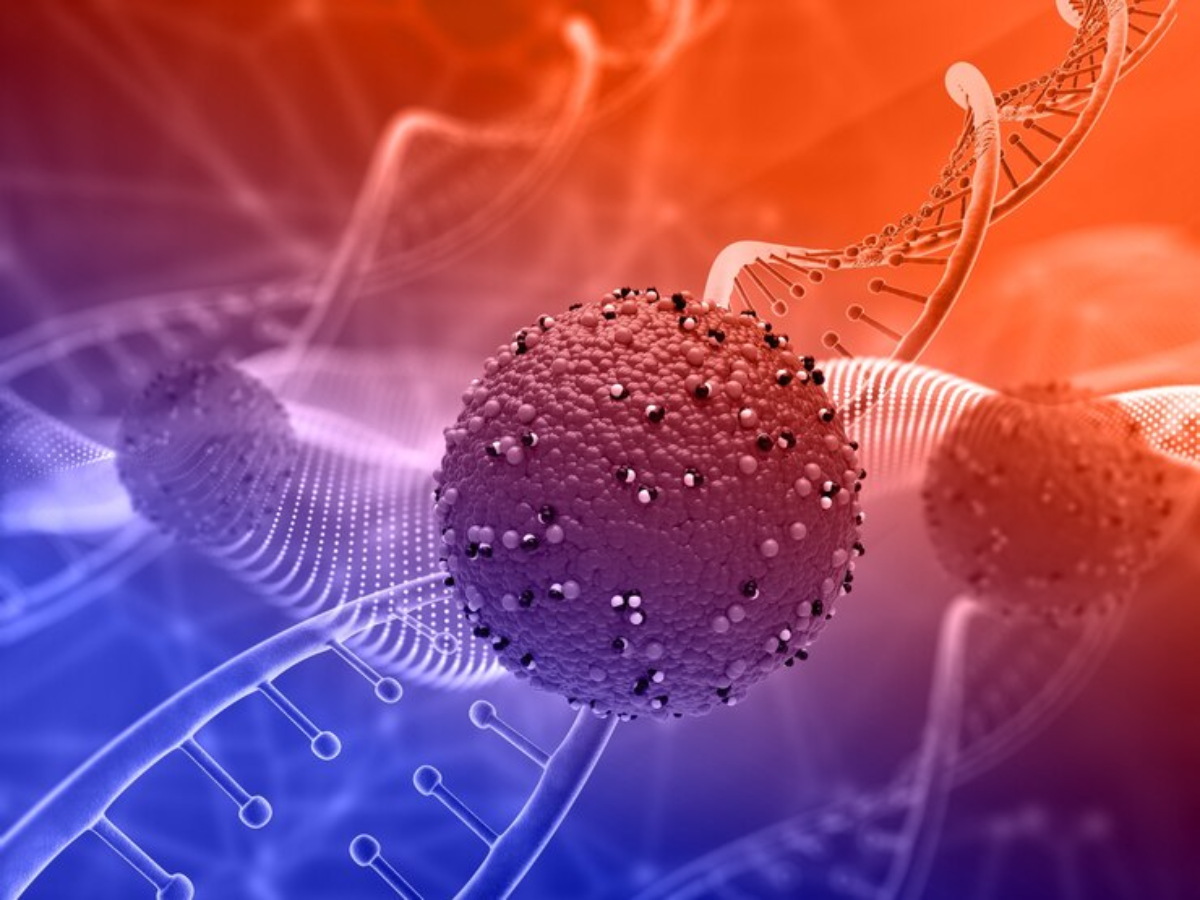
Mesenchymal stem cell therapy is an innovative approach in regenerative medicine that utilizes stem cells to promote healing and tissue repair. These stem cells, also known as MSCs, have the remarkable ability to differentiate into various types of cells, such as bone, cartilage, and muscle cells. This makes them invaluable in regenerating damaged or diseased tissues.
Let’s understand the key aspects of mesenchymal stem cell therapy:
What is a mesenchymal stem cell?
To start with, researchers find MSCs as a type of adult cell present in various tissues of the body, such as bone marrow, adipose tissue, and umbilical cord. These cells could differentiate into different cell types, including bone, cartilage, muscle and fat cells. This differentiation potential allows them to contribute to tissue repair and regeneration.

How do MSCs Work?
Mesenchymal stem cells fascinate researchers due to their ability to actively modulate the immune system and decrease inflammation. When administered, these cells release bioactive molecules that have anti-inflammatory properties, thereby dampening the immune response and promoting tissue healing. Additionally, MSCs can directly differentiate into the specific cells needed for tissue repair, contributing to the regeneration process.
What are specific conditions that mesenchymal stem cell therapy can treat?
Well, MSCs therapy can treat various of conditions and some of these conditions include orthopedic injuries like joint and cartilage damage, neurodegenerative disorders such as Parkinson’s disease and multiple sclerosis, cardiovascular conditions like heart failure. Researchers actively explore and advance this therapy, known as an exciting field with ongoing research and advancements.
Risks and side effects of mesenchymal therapy
When it comes to risks and side effects related to this therapy can vary depending on factors like the source of the stem cells and the treatment protocol. However, in general, researchers consider the therapy safe with minimal risks. Some possible side effects may include temporary fever, headache, or injection site reactions. So, it’s always important to consult with your healthcare professional who can provide you with more detailed information based on your specific condition.
Successful outcomes of mesenchymal stem cell therapy
Though the success rate of mesenchymal stem cell therapy can vary depending on the specific condition being treated and individual factors, researchers acknowledge that it has shown promising results in some studies. However, they emphasize the need for more research to determine its overall effectiveness.
In Conclusion
Mesenchymal cell therapy is an exciting area of regenerative medicine with the potential to treat various conditions like orthopedic injuries, cardiovascular conditions, neurodegenerative disorders. Studies have shown promising results; however, more research is needed to determine its overall effectiveness. It’s always advisable to consult with medical professional for personalized advice regarding your specific conditions.



